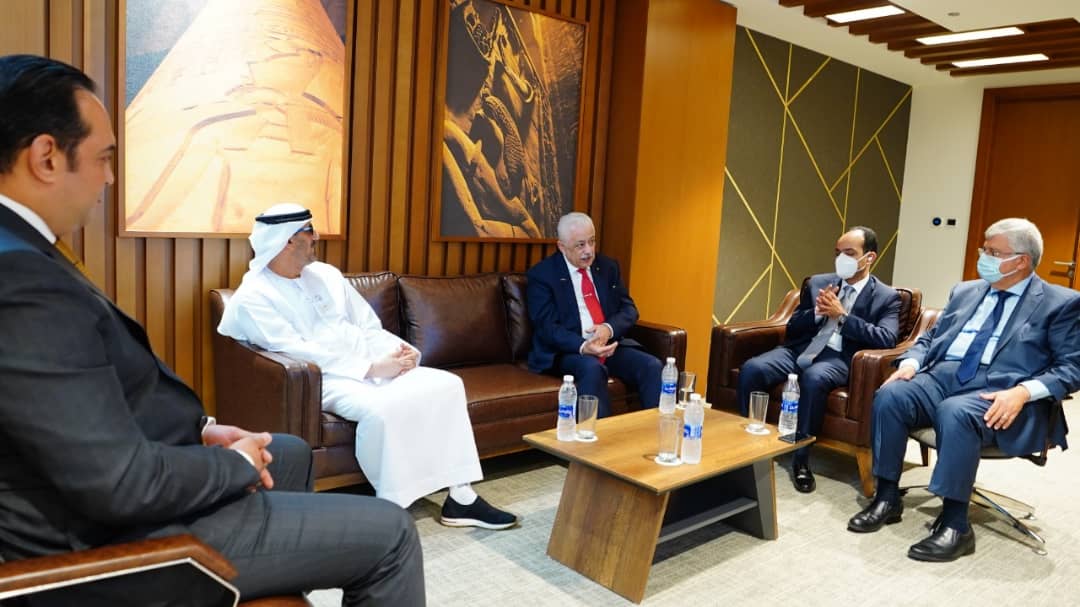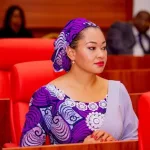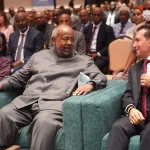THE event was attended by H.E. Prof. Tarek Shawky, Minister of Education and Technical Education, and Prof. Ayman Ashour, Deputy Minister for Higher Technical Education and Scientific Research for Universities Affairs, who gave the opening speech.
The new educational system aims to transform education and produce strong generations, who are prepared to address the nation’s challenges on the national and international levels while simultaneously contributing to the development of a better world.
Join our WhatsApp ChannelIn this context, the new system embraces the concept of fewer exams especially in the earlier years of schooling (from KG to 4th Grade), with the students’ performance in the subsequent years to be determined via a series of small exams throughout the year rather than by a single year-end exam. Consequently, students will be assessed based upon their understanding skills rather than the old system that relies on memorizing.
READ ALSO:Militarization May Affect Outcome Of Anambra Election, Says TMG Chair, Rafsanjani
This takes place within the framework of the nation’s reform efforts that aim to make Egypt an integral part of global economy. Therefore, in partnership with the World Bank, Egypt has given priority to investing in the country’s most precious asset, the human capital, so as to achieve the overall development of the country.
‘‘Egypt is at the forefront of the countries that possess the digital skills to master the fourth industrial revolution’’، said Prof. Tarek Shawky” at his speech.
Furthermore, the Egyptian government has diligently endeavoured to establish 18 new private universities to increase the total number of private universities to 32 universities, with 10 more universities expected in the coming 2 years; in addition to 14 public universities that are currently being established through state universities; in addition to establishing 14 new private higher institutes, and 5 university institutions in the New Administrative Capital, hosting 7 branches of prestigious foreign universities.

















Follow Us